If you're currently perusing this article, it's likely that you've just wrapped up a substantial meal, and you're grappling with some rather intense physical discomfort. Overindulging can lead to sensations of bloating, lethargy, and in some cases, even abdominal pain and cramps. Regardless of the specific symptoms, feeling overly stuffed can put a damper on the remainder of your day.
Undeniably, it's a common occurrence to overeat when faced with a tempting spread of delectable dishes, particularly during food-focused holidays like Thanksgiving or Christmas. While overindulgence is a widely shared experience and nothing to be ashamed of, it can occasionally be frustrating when that physical discomfort takes hold, and you find yourself second-guessing that last bite of turkey or extra cookie, even when you knew you were already full.
If you're currently experiencing a post-feast slump, there are constructive methods you can employ to regain a sense of well-being for the remainder of your weekend. To uncover these effective strategies, we sought guidance from registered dietitians.
1) The following Day, Concentrate on Fiber
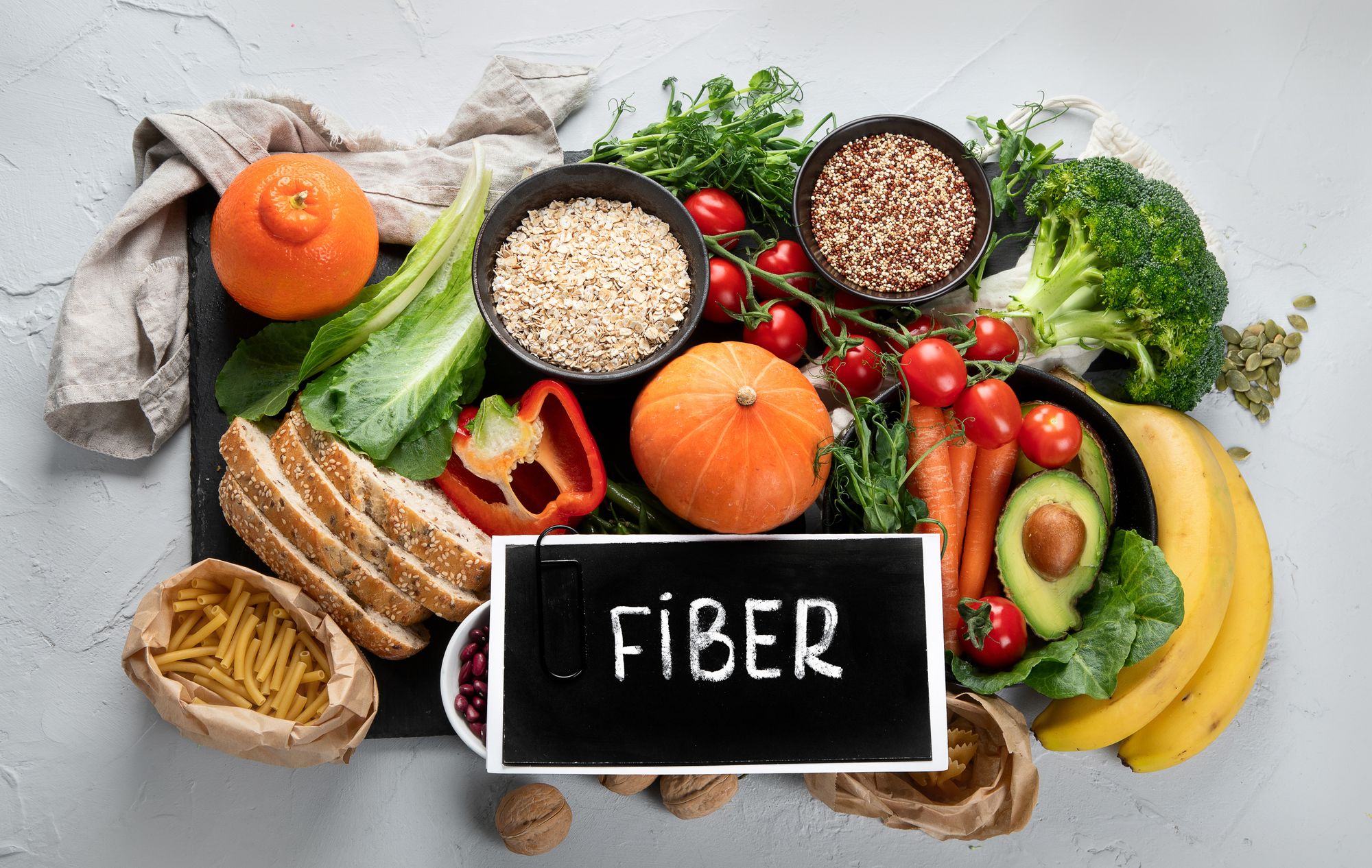
Indulging a bit too much in a favorite meal is entirely normal, but excessive consumption of certain foods, particularly those lacking in fiber, can occasionally result in constipation or digestive discomfort. If you find yourself uncomfortably full and bloated after such indulgence, it might be beneficial to consider increasing your fiber intake the following day.
Amy Goodson, MS, RD, CSSD, LD, advises, "Insoluble fiber adds bulk to the stool, promoting regular bowel movements and preventing constipation. After a substantial meal, incorporating more fiber (along with adequate hydration) into your day can facilitate the movement of food through your digestive system and reduce additional bloating."
To boost your daily fiber intake, consider kickstarting your morning with a bowl of oatmeal or opting for whole-grain toast topped with avocado.
2) Begin the Following Morning with a Well-Rounded Breakfast
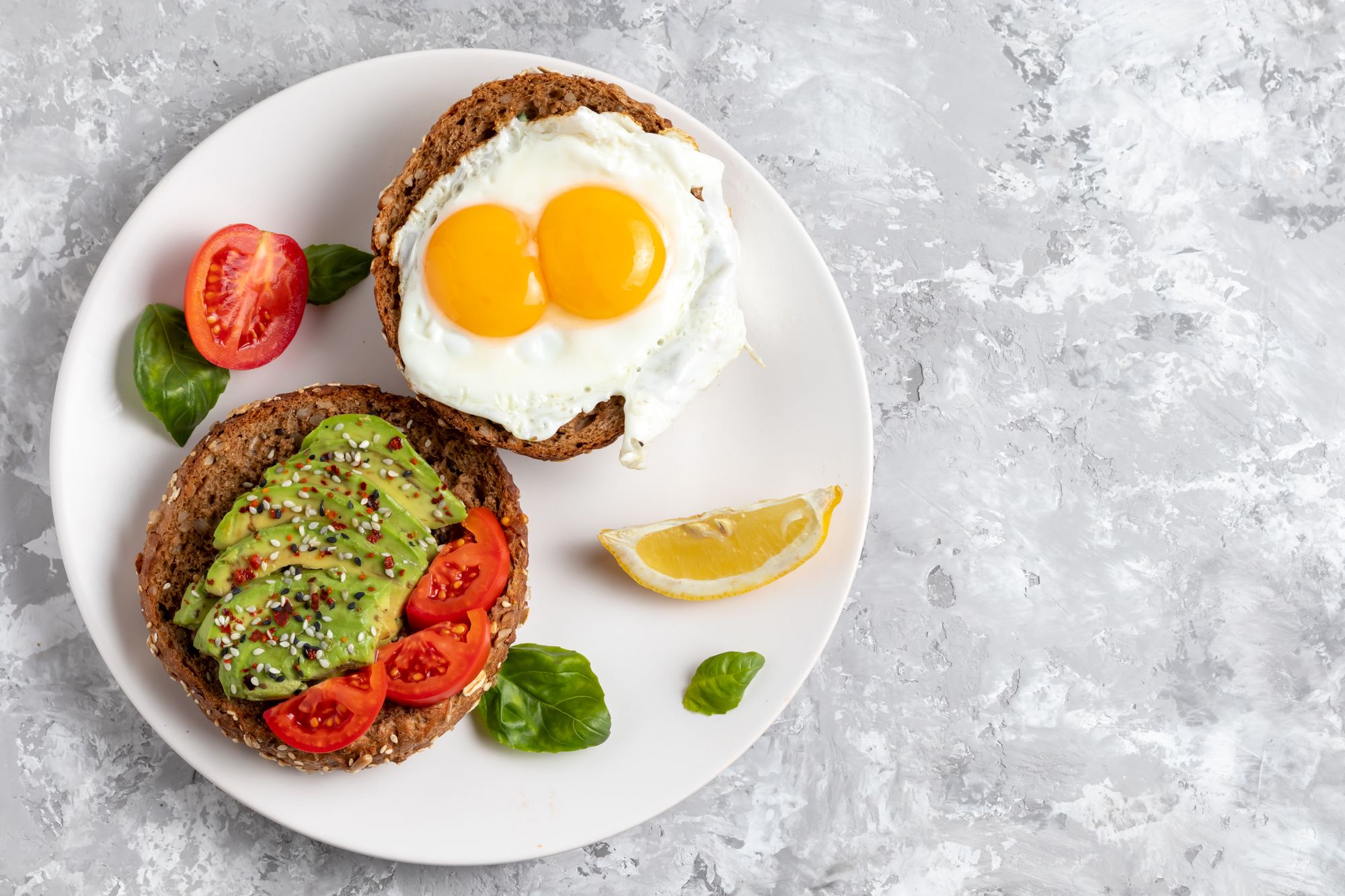
After indulging a bit too much, one effective step to take the following day is to kickstart your morning with a nourishing and balanced breakfast.
Amy Goodson recommends, "To help your body recover from overeating, opt for a breakfast rich in both protein and fiber to stabilize your blood sugar levels. Consider choices like eggs and oatmeal or whole-grain toast paired with peanut butter and a serving of Greek yogurt. This approach will contribute to your overall well-being for the day ahead.
3) Skip Leftovers
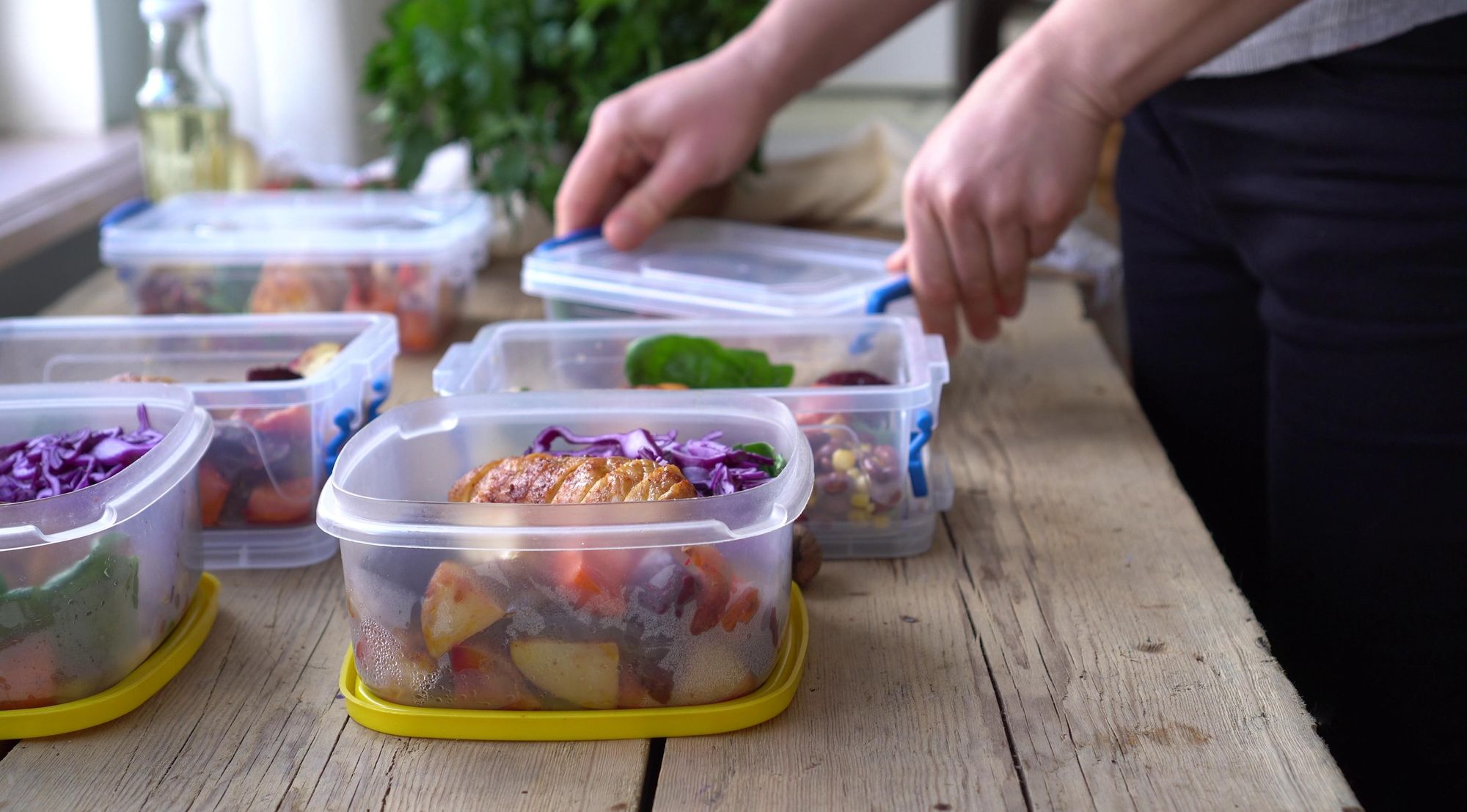
This tip is specifically tailored to those who might have indulged a bit too much during their Thanksgiving feast.
For many, a significant part of the holiday meal experience involves creatively repurposing leftovers the next day. Whether it's crafting a turkey and cranberry sandwich, a turkey salad, or concocting a casserole from the assortment of remaining dishes, extending the holiday meal into the weekend can be quite appealing. However, Amy Goodson advises taking a breather on Friday.
"While the allure of continuing to savor Thanksgiving leftovers is strong, I recommend abstaining from them on Friday and instead opting for nutrient-rich, high-fiber, high-protein whole foods to promote your well-being," she suggests. "If you still wish to enjoy some leftovers, do so in moderation on Saturday."
This approach allows your body to recuperate and ensures an ample supply of fiber and protein to maintain healthy digestion.
4) Reestablish Your Healthy Routine with a Serving of Vegetables
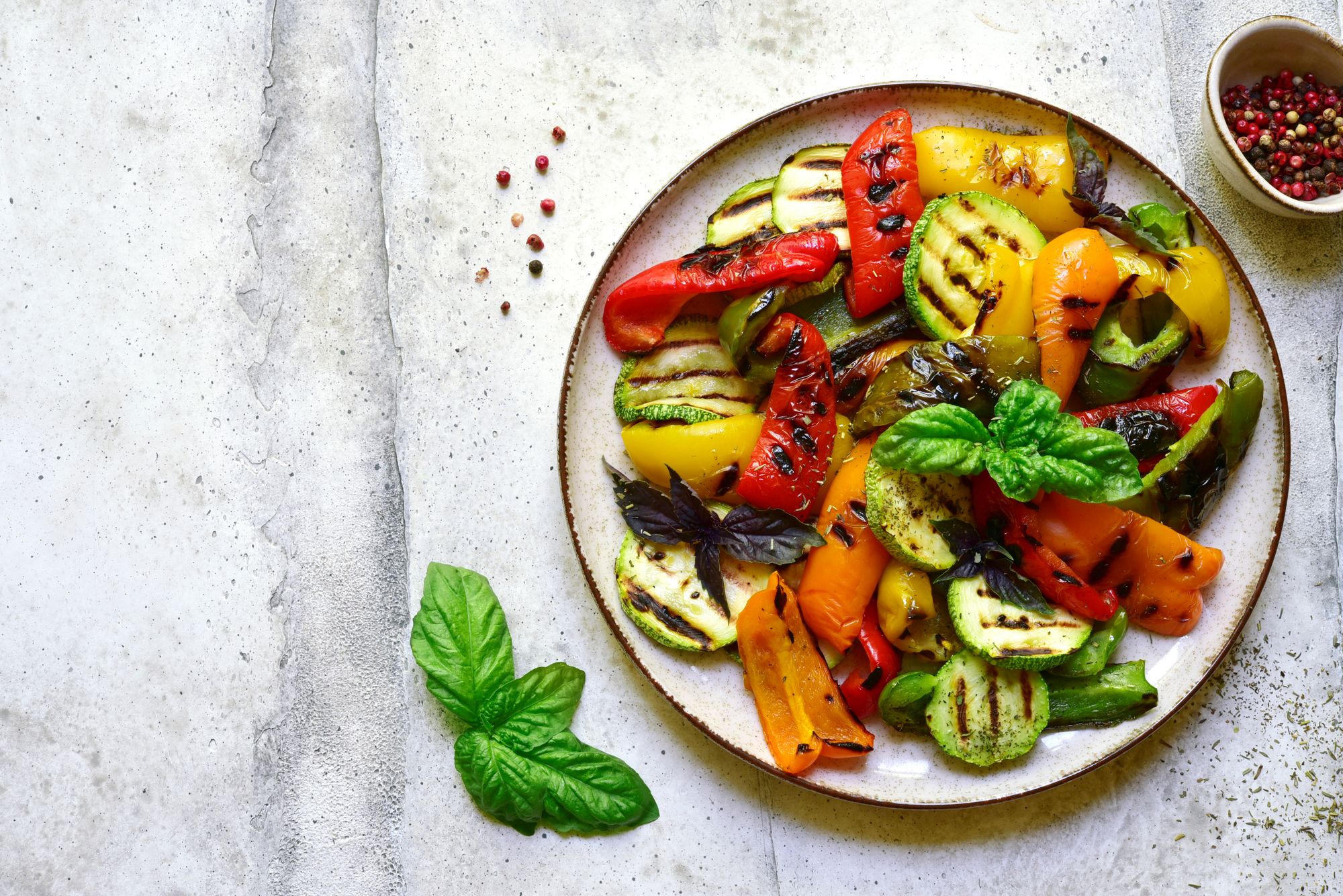
According to Tammy Lakatos Shames, RDN, CDN, CFT, and Lyssie Lakatos, RDN, CDN, CFT, who are also recognized as The Nutrition Twins, incorporating antioxidant-rich, fiber-packed greens into your upcoming meal can assist in restoring your body to a more comfortable state.
"The fiber from these greens aids in facilitating the removal of waste and toxins from the colon, supporting regularity and a quicker rebound to feeling lighter," assert The Nutrition Twins. "Furthermore, the antioxidants found in green vegetables counteract some of the damage caused by overindulgence in inflammatory sugary, fatty, and highly processed foods."
5) Make Sure You're Getting Enough Water

Consuming foods with higher sodium content can lead to feelings of puffiness or bloating the following day, as emphasized by Goodson. This underscores the importance of maintaining adequate hydration both before and after a substantial meal.
To enhance your hydration, aside from drinking plenty of water, you can consider adding an extra twist to your beverages.
"An effective approach is to maintain hydration throughout the day with water infusions, such as this Apple Cider Vinegar Lemon 'Detox' Drink or this Cranberry Orange Ginger 'Detox' Water," suggest The Nutrition Twins. "These fluids aid in reestablishing proper hydration levels by flushing out excess sodium, sugar, and retained water, thereby alleviating feelings of bloating and heaviness."
6) Maintain Your Weekend Exercise Routine as Scheduled

While not mandatory, if you have the time and energy to do so, dietitians recommend sticking to your workout routine after indulging in a substantial meal. For instance, if you overindulge during your Thanksgiving or Christmas feast, consider finding ways to stay active over the following days.
"Taking a leisurely walk after a big meal is beneficial, but the next day, aim to elevate your heart rate," advises Goodson. "Engaging in a bit of exercise at the gym or going for a morning jog can assist in shedding that bloated, sluggish sensation."
However, it's essential to emphasize that this isn't obligatory, and during the holiday season, if your body requires rest, feel free to enjoy yourself without worrying about meeting any specific exercise goals. But if you're experiencing physical discomfort after a substantial meal, Goodson notes, "In such cases, a bit of weekend exercise and proper hydration can contribute to a more comfortable feeling."
7) Take a Post-Meal Stroll
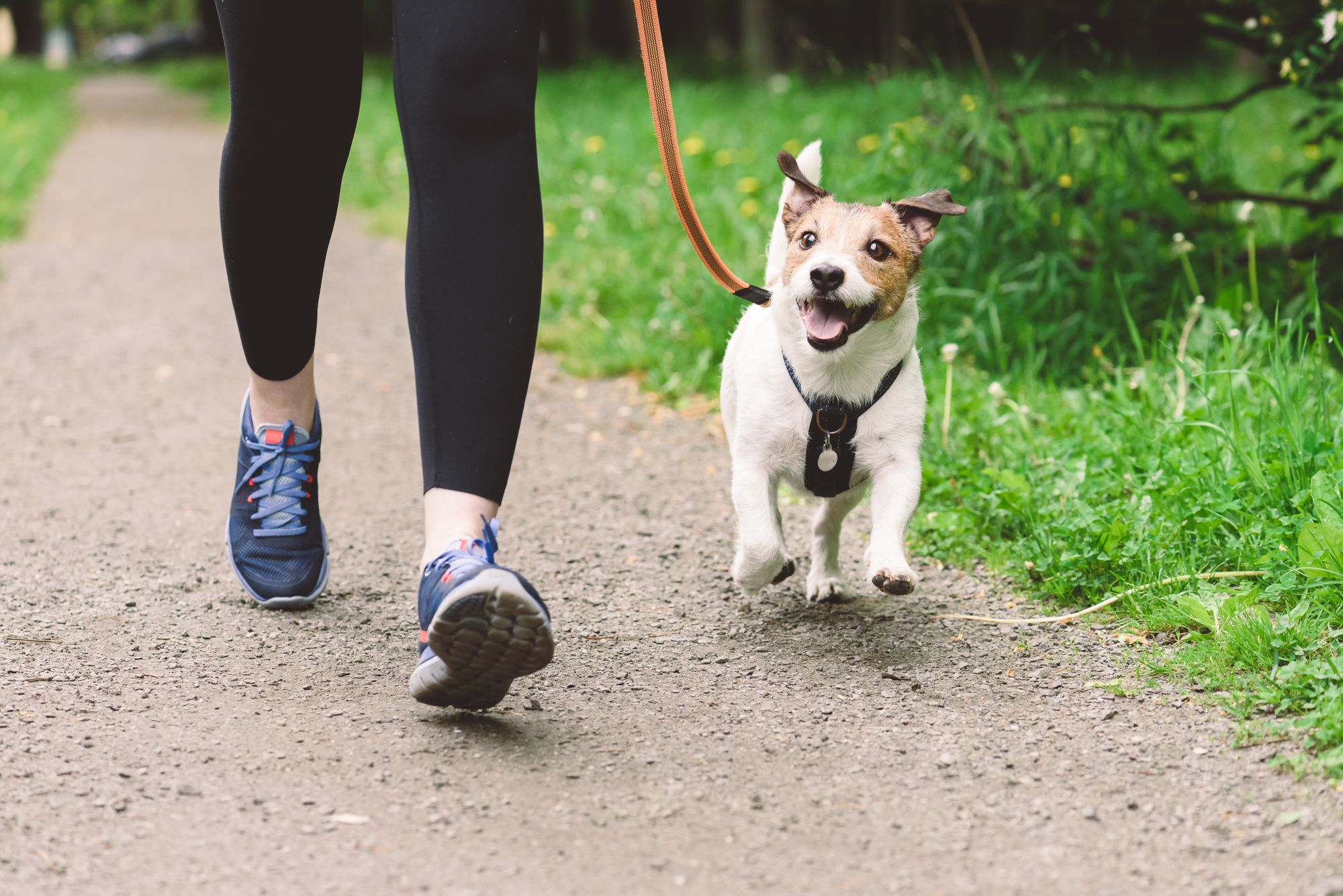
One of the most effective self-care actions you can take to alleviate the discomfort of overeating and feeling overly full is to go for a walk following your meal.
"The act of walking can help clear your mind, and if you work up a sweat, your body can release certain chemicals and small amounts of salt, while also enhancing blood circulation to the brain," advise the Nutrition Twins. "You'll even burn a few extra calories in the process, which can help offset some of the excess calories you might have consumed."
If a walk doesn't appeal to you, Amy Goodson offers alternative suggestions for getting your body moving after a hefty meal.
"You can initiate a friendly backyard football game with family," Goodson recommends. "Alternatively, consider hitting the gym the next morning, or opt for parking at the far end of parking lots when running errands."
8) Reduce Your Alcohol Intake

For those who have an affinity for wine, beer, or a delightful cocktail, we fully understand that the choice of beverage to complement your meal can be just as exciting as the food itself. Our intention is not to dissuade you from indulging in your favorite drink. However, if you're concerned about potentially overindulging in both food and drinks, which could lead to post-meal discomfort, Amy Goodson suggests exercising moderation in your alcohol consumption when possible.
It's easy to get carried away with alcohol, especially during dinner parties or holiday celebrations. Still, the reality is, it contributes additional calories and can leave you feeling more bloated and sluggish the next day," she advises. "Prioritize water and other low-calorie beverages for hydration."
As with any advice on this list, it's all about finding the right balance. By all means, savor that glass of red wine, but periodically assess how you're feeling throughout the evening. If you begin to feel uncomfortably full, it may be time to switch your focus to water.

